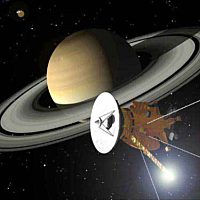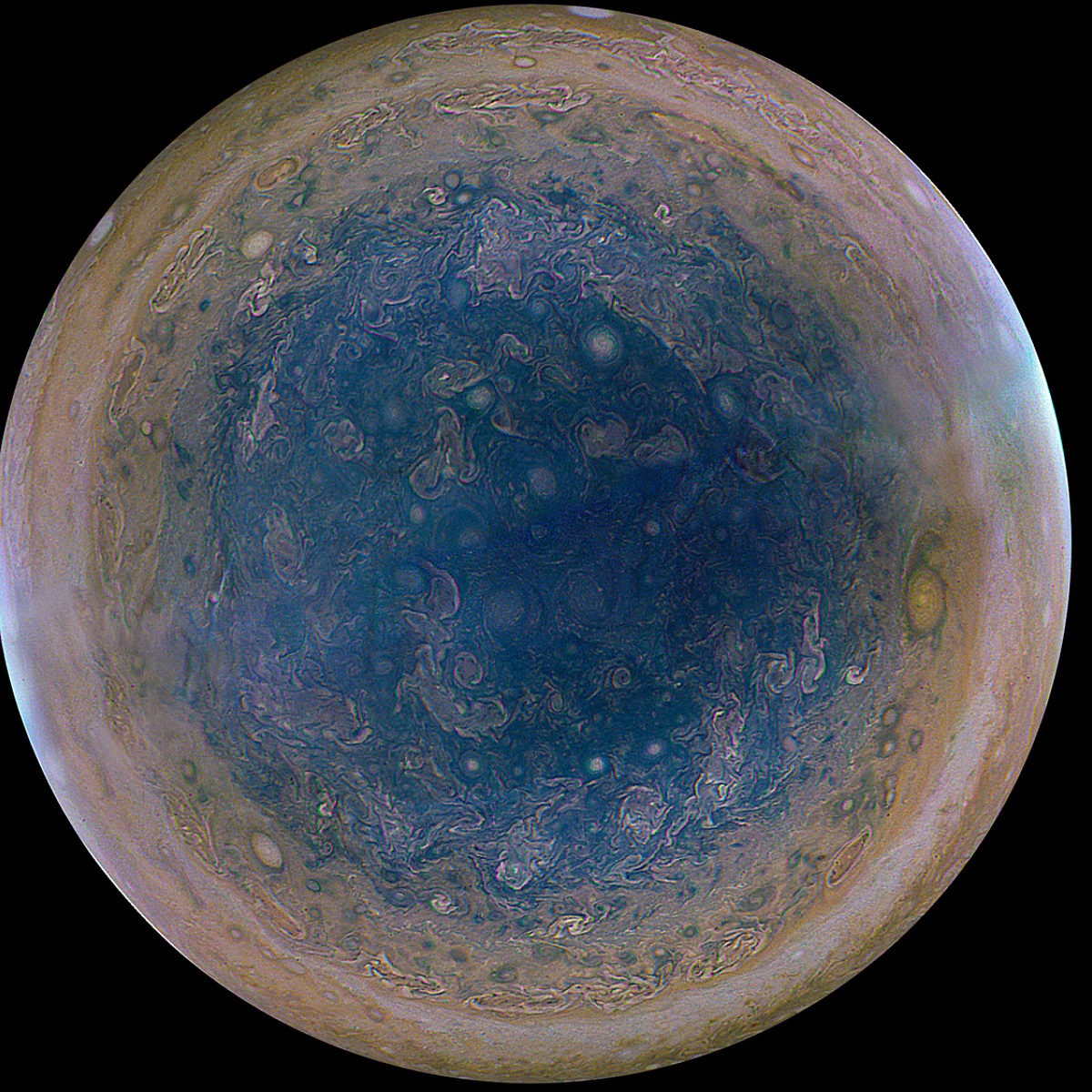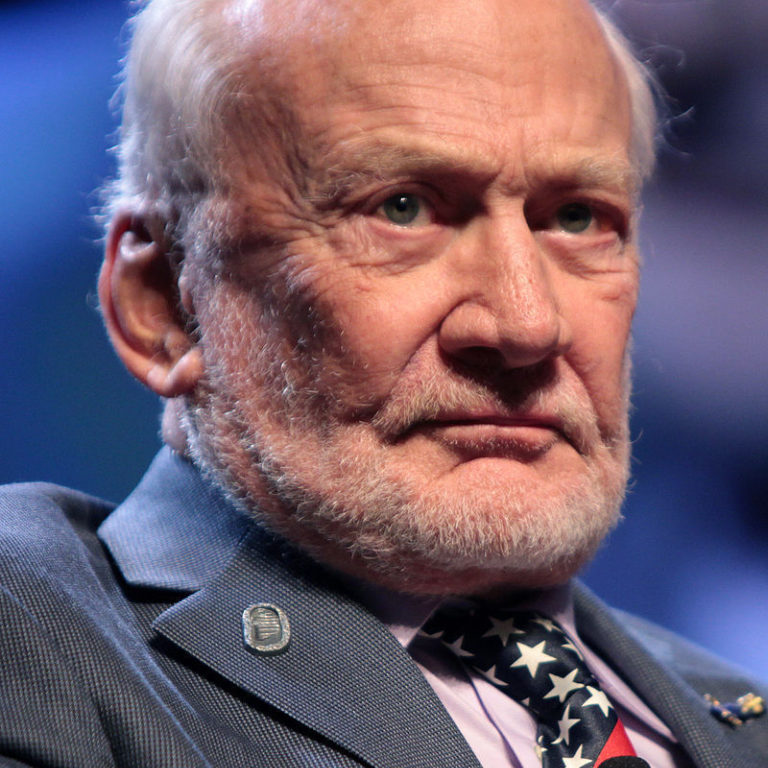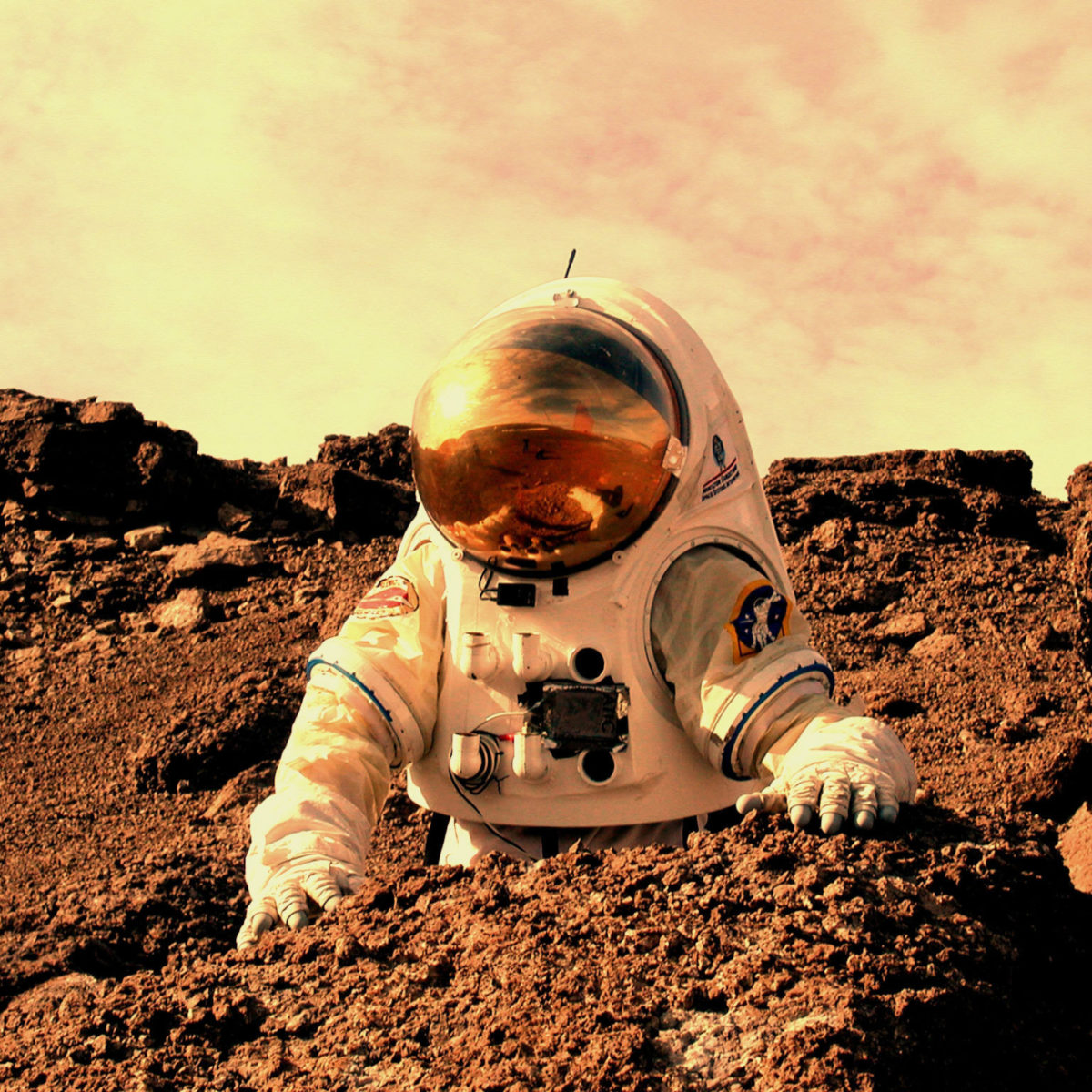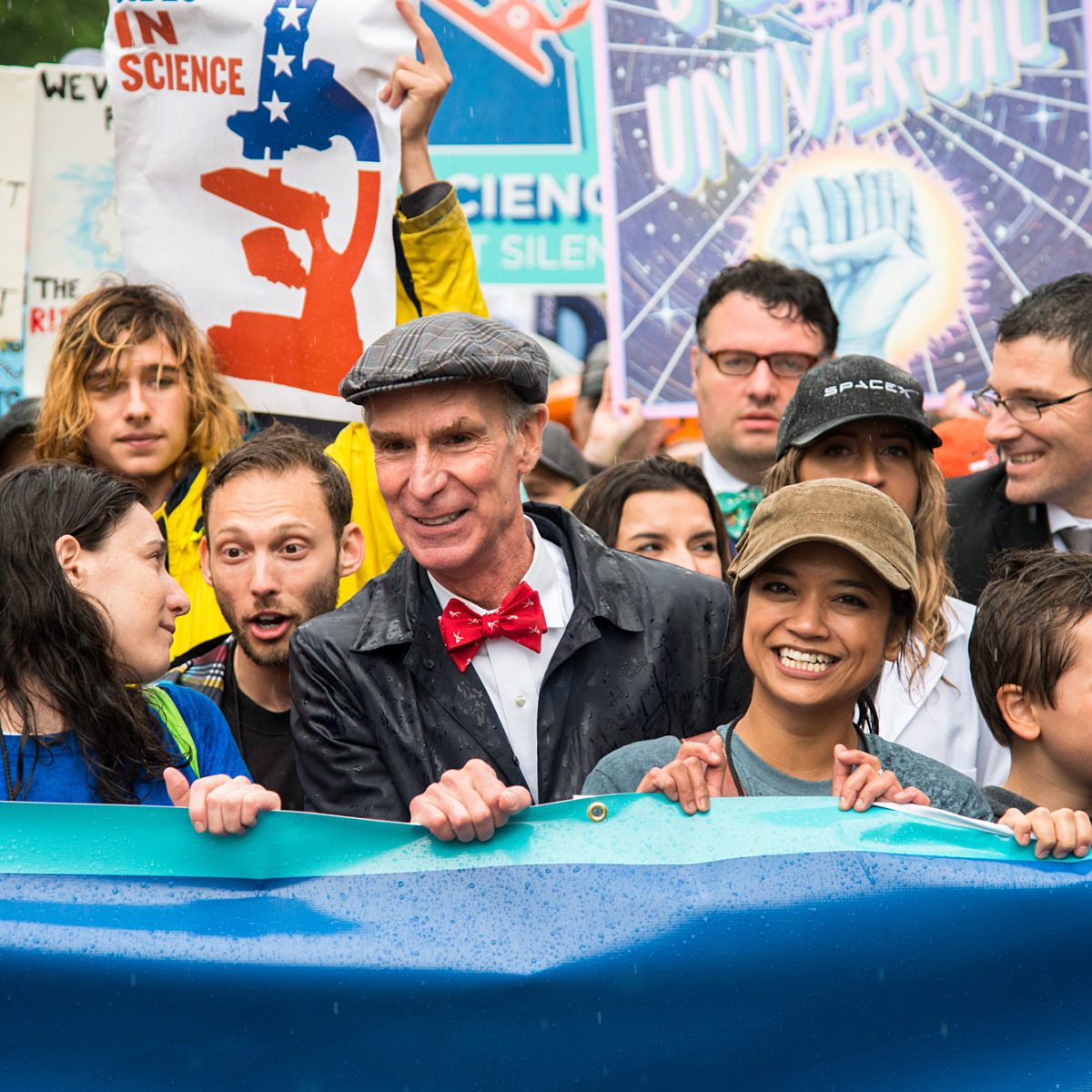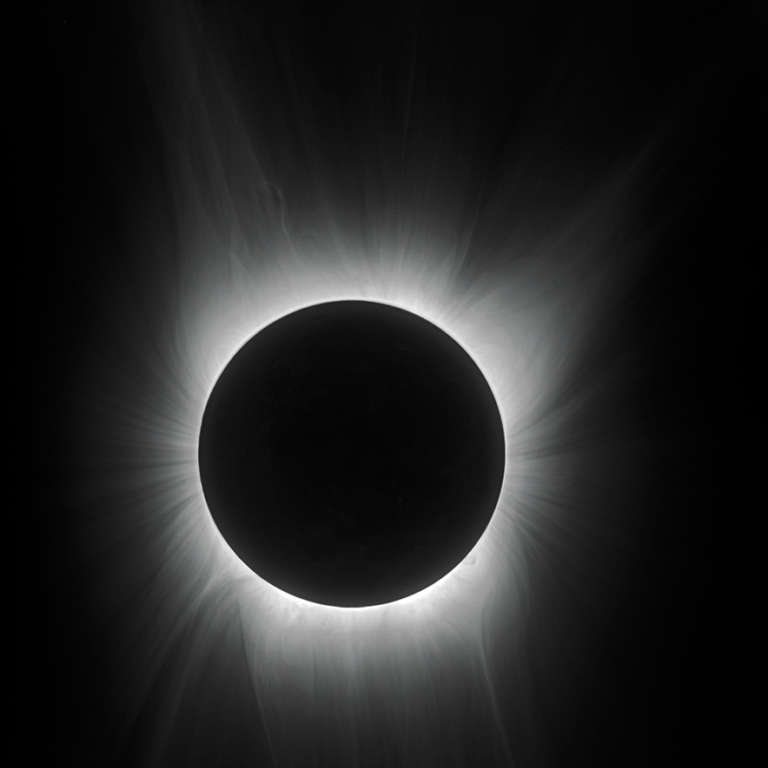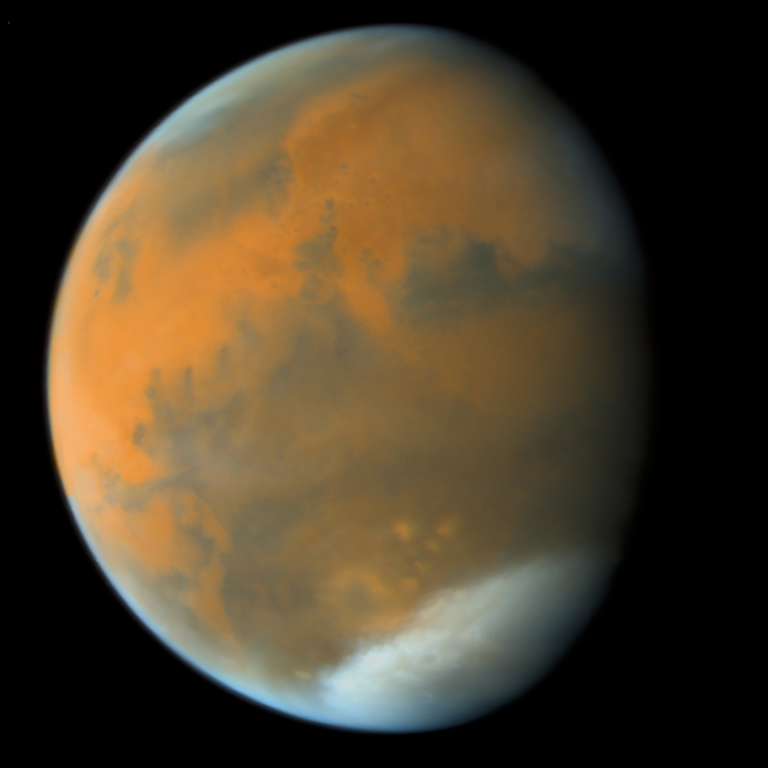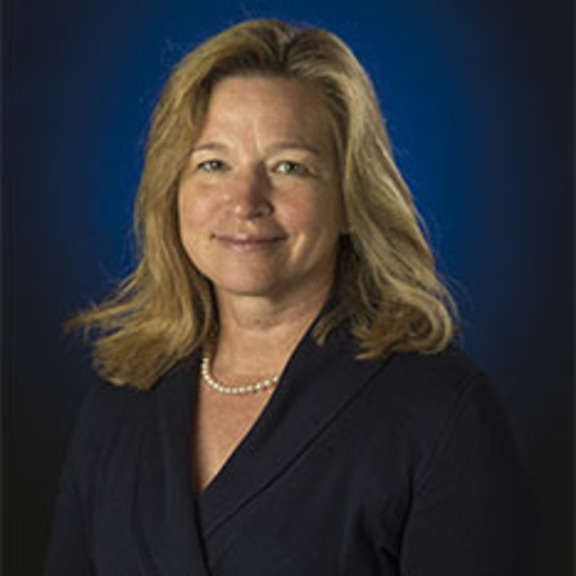Since 2002, Planetary Radio has visited with a scientist, engineer, project manager, advocate, or writer who provides a unique perspective on the quest for knowledge about our Solar System and beyond. The full show archive is available for free.
Search Planetary Radio
Former NPR science reporter David Baron discusses the stories of men and women who made their way across the American West to view and document the total solar eclipse of 1878.
How do you keep a dazzlingly complex spacecraft in good health after 20 years in space? That’s the challenge for Julie Webster and her team of engineers supporting the Cassini mission at Saturn.
Have you seen its stunning image of Jupiter’s south pole? The Juno orbiter is surpassing expectations and delivering surprising science. Scott Bolton, the mission’s Principal Investigator, is back with a thrilling report.
He walked with Neil Armstrong on the moon, but that may not be his greatest legacy. Buzz Aldrin was joined by other space stars at the recent Humans To Mars Summit.
The human journey to the Red Planet is long and hard, but Mat’s conversation with three NASA Associate Administrators at the Humans to Mars Summit was filled with cautious optimism.
Veteran Jet Propulsion Lab planetary scientist Bonnie Buratti talks with Mat about the wonder of our solar neighborhood that she explores in
It was a big week for the Science Guy, and for science. Bill Nye served as honorary co-chair of the March for Science in Washington DC. His new Netflix series, Bill Nye Saves the World, premiered the next day. Two of the show’s thirteen episodes are devoted to space science and exploration. Bill talks about all this in a special conversation with Mat Kaplan.
The Aerospace Corporation has been innovating since 1960. Now it’s headed by a former leader of “New Space” company Virgin Galactic. President and CEO Steve Isakowitz talks about the evolving culture of the space industry.
Mars was once a warm and wet world. Then its dense, protective atmosphere mostly vanished. Learning why was one of the greatest mysteries in planetary science. The answer has just been delivered by the MAVEN orbiter.
The longtime editor of outstanding online space news source Universe Today has just written about nine robotic missions of exploration in
The Planetary Society’s LightSail 2 solar sail spacecraft is ready to be packed away for its ride to orbit on a SpaceX Falcon Heavy rocket. Mat Kaplan checks the mission’s status with team members.
It’s coming! Will you be in the path of totality? Astronomers Without Borders President Mike Simmons says be there if you can.
The discovery of seven, Earth-sized planets in a nearby solar system was announced last week. Astrophysicist and planetary scientist Sara Seager joins us to share her excitement about this find that includes three planets in the habitable zone.
Rod Pyle reveals bizarre yet fascinating space projects of the past in his new book. Pyle also exposes previously classified information about missions and spacecraft you thought you knew.
University of Arkansas grad student Rebecca Mickol and her team have demonstrated that some Earth bacteria can survive in the extremely thin atmosphere of Mars. Could Martian bacteria thrive under the same conditions?
Planetary Radio’s most frequent guest, Project Scientist Linda Spilker, returns with another update on the Cassini mission that is approaching its grand finale.
For well over three years, planetary scientist Ellen Stofan has worked directly with NASA Administrator Charles Bolden to help coordinate and expand the myriad science efforts by the agency. We talk with her as she ends this remarkable tenure.
We are joined by British physicist turned comedian and actor Ben Miller, author of The Aliens are Coming! The Extraordinary Science Behind our Search for Life in the Universe.
CEO Randa Milliron introduces us to Interorbital Systems, which wants to put your payload in orbit for as little as $8,000. Can they do it?
MAVEN, the Mars Atmosphere and Volatile Evolution orbiter, has gone a long way toward solving the mystery of the Red Planet’s missing water and air. The University of Colorado’s Nick Schneider says it is also revealing gorgeous clouds, auroras and glowing skies.


 Explore Worlds
Explore Worlds Find Life
Find Life Defend Earth
Defend Earth



